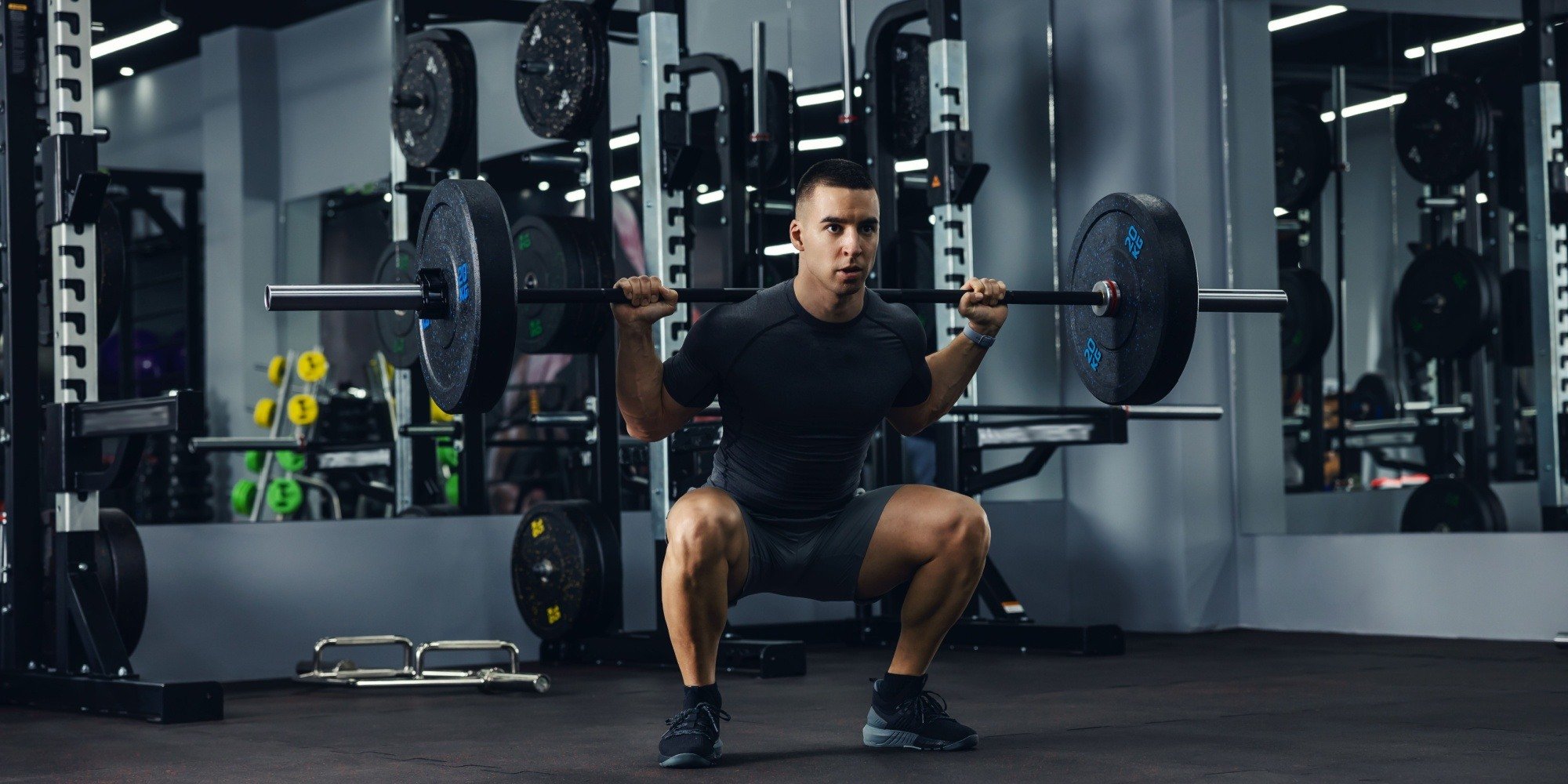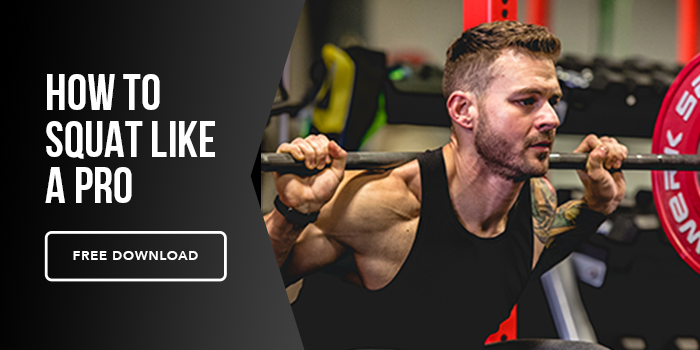Fitness education is like a giant game of telephone. Somewhere along the line, the messages are bound to get misconstrued. From thinking weight training will make you bulky to thinking crunches will burn belly fat, myths pop up like animatronic critters in a game of Whack a Mole. So, get out your hammer and let’s start taking some swings at misinformation.
Here are five of the biggest myths about weightlifting and fat loss—and why they’re completely wrong.
Myth #1: "Lifting Weights Will Make You Bulky"
Ah yes, the classic fear—especially among women—that picking up a dumbbell will instantly transform you into the Hulk overnight.
Reality: Building serious muscle takes years of progressive overload, high-calorie intake, and intense training. Lifting weights will not make you bulky unless you’re intentionally eating in a large calorie surplus and training for hypertrophy like a bodybuilder.
In fact, lifting is key to getting lean because muscle is metabolically active, meaning it burns calories even at rest. More muscle = more calories burned = easier fat loss.
Myth #2: "Cardio Burns More Fat Than Lifting"
It’s true that cardio burns more calories during exercise than weight training. But the story doesn’t end there.
Reality: Strength training creates a powerful afterburn effect (EPOC)—meaning you continue burning calories for up to 48 hours post-workout while your body repairs muscle and replenishes energy stores.
Cardio, on the other hand? The second you stop running, the calorie burn stops too.
For long-term fat loss, lifting is the better investment.
Myth #3: “Scale Weight Means Everything”
A lot of people panic when the scale doesn’t drop as fast when they start lifting.
Reality: The number on the scale doesn’t tell the full story. Weight loss and fat loss are not the same thing.
Lifting weights helps you hold onto muscle while losing fat. Without it, you risk losing muscle along with fat—leading to a slower metabolism and that dreaded "skinny fat" look.
So, if the scale isn’t moving but your clothes fit better? That’s a win.
Myth #4: "You Have to Lift Light Weights for Fat Loss"
Somewhere along the way, people decided that high reps with light weights were the secret to burning fat.
Reality: Lifting heavier weights (with proper form) is actually more effective for fat loss. Heavier resistance:
-
Creates more mechanical damage (which increases calorie burn during recovery)
-
Boosts metabolism by increasing muscle mass
-
Produces a bigger hormonal response (growth hormone and testosterone, both of which help with fat loss)
If you can do 30+ reps without struggling, it’s probably time to go heavier.
Myth #5: "You Can Spot Reduce Fat with Certain Lifts"
Ever seen someone doing a million crunches thinking it’ll burn belly fat? That’s not how fat loss works.
Reality: Your body decides where to burn fat first based on genetics and hormones—not on which muscles you train.
The best strategy? Focus on full-body strength training, stay in a calorie deficit, and let your body handle the rest.
Bonus Myth #6: "More Workouts = More Fat Loss"
You’d think that the more time you spend lifting, the more fat you’ll burn, right? Not exactly.
Reality: More training isn’t always better—it’s about training smart.
-
Overtraining without proper recovery can lead to higher cortisol levels (a stress hormone that promotes fat storage).
-
Strength training breaks down muscle. If you’re not resting enough, your body doesn’t get the chance to rebuild and grow.
-
Recovery (sleep, rest days, proper nutrition) is just as important as the workouts themselves.
If fat loss is the goal, quality beats quantity. Aim for 3-4 solid strength sessions per week, fuel your body properly, and let recovery do its thing.
Wrap Up
✔ Lifting weights won’t make you bulky—it makes you leaner and stronger.
✔ Cardio burns calories during exercise, but lifting burns more over time.
✔ Weight loss and fat loss are not the same—muscle retention is key.
✔ Lifting heavy builds muscle and burns more fat than endless high-rep sets.
✔ You can’t spot-reduce fat—focus on full-body strength and a smart diet.
✔ More training isn’t always better—proper recovery is key to results.
If you’re serious about fat loss, lifting should be your priority.






